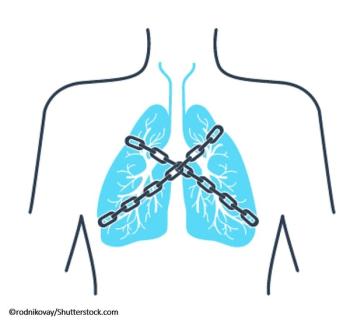
In a first-of-its-kind study, researchers from the Icahn School of Medicine at Mount Sinai, Montefiore Health System, and Albert Einstein College of Medicine are working together to examine the link between depression and asthma in older adults.

In a first-of-its-kind study, researchers from the Icahn School of Medicine at Mount Sinai, Montefiore Health System, and Albert Einstein College of Medicine are working together to examine the link between depression and asthma in older adults.

Doing a review of systems wasn’t “rocket science,” as they say-but it was a classic example of medical science and of why psychiatrists are physicians first.

The chronic and relapsing course of TBI-associated depression poses a challenge to the management of afflicted patients.

A layperson's perspective after deliberating on the meaning of suicide for decades after the loss of his wife.

A teaching moment never to be forgotten, little did the author know that this action on his patient's part would be the harbinger of an amazing career looking after physicians.
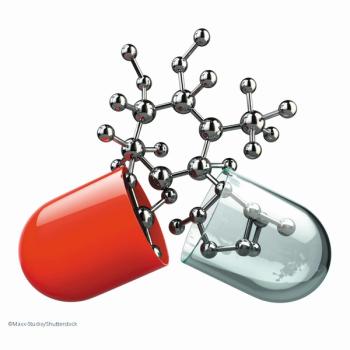
Is there a biomarker to predict response to treatment for depression? Take the quiz and learn more.

With a combined 70+ years of clinical experience, the authors discuss scenarios that represent two possible outcomes of discontinuing serotonergic antidepressants.

In a national epidemic of caregiver distress and suicide, what barriers still stand in the way of seeking mental health treatment for medical professionals?

Here is a selection of eight research developments that may impact psychiatric clinical practice in the coming years.

Finding meaning helps to reframe the experiences of our own lives, not as events to hide in shame or guilt, but as experiences that made us physicians we are today.

“Even after the Pittsburgh shootings, our ability to empathize suggests otherwise,” writes Ronald W. Pies, MD, in a commentary regarding the nature and origin of hatred.

New findings from a small study confirm previous research that shows a potential value of EMDR in the management of major depressive disorder.
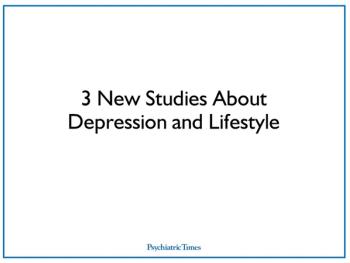
Three new studies highlight the link between depression and opioid overdoses; “early birds” are less prone to depression; and consuming fish may reduce the risk of depression.

Which treatments have demonstrated strong evidence of effectiveness in the treatment of major depressive disorder?

One of the biggest challenges in treating depression is the ability to select the best treatment for a particular individual from among the many available options.

This is not yet another philosophical discourse arguing against physician-assisted suicide. This piece is about life with dignity-even amidst its raw and ravaging agonies.

Besides being sad, patients who are depressed often feel disgruntled, resentful, or irritable. Such emotions can lead to violence in people who are predisposed to such behavior. Consider the questions in this quiz.
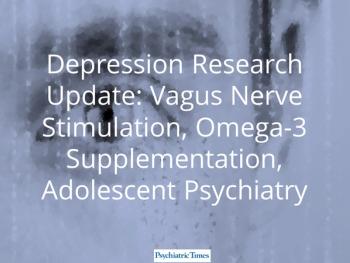
New studies in major depression find VNS improves the quality of life of patients with treatment-resistant depression and two other findings.

A recent study found mindfulness-based cognitive therapy plus treatment-as-usual helped patients who stuck with the program.

This article discusses the peculiarities of emergency psychiatric practice and reviews innovations in models of care delivery designed to overcome the challenges of this subspecialty.

The perils of job insecurity; depression and cardiac risks; the longest-running mental health study; smart drugs that aren’t so smart; heatstroke in psychiatric patients; an autism puzzler; and psychosis and eating disorders.
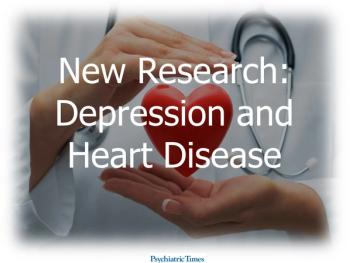
New research brings us closer to learning about the associations between psychological states, quality of life, and cardiovascular health.

Findings from a new study may have implications in relation to early childhood interventions and later targeted pharmacotherapies for MDD.
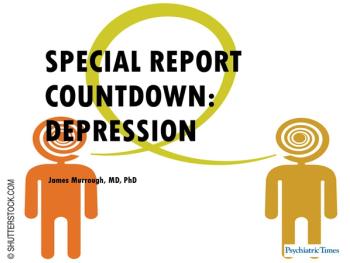
This special collection provides new insights on major aspects of depression: psychopharmacology, therapeutic interventions, major depressive episodes, biomarkers, and pseudobulbar affect.

Do personality disorders get a bad rap? Take the quiz and learn more.